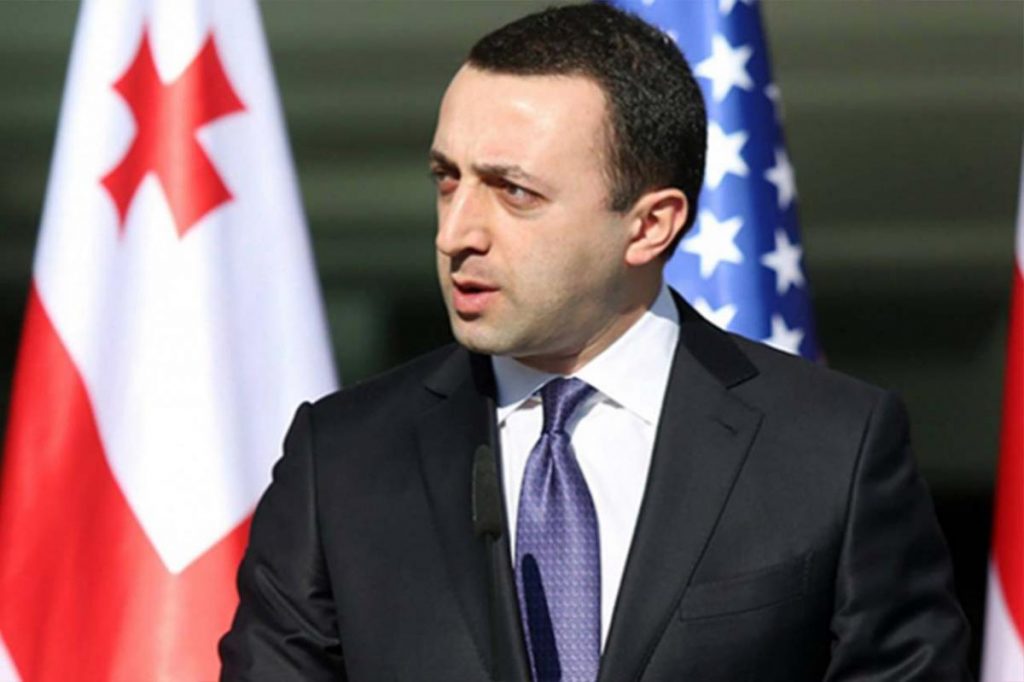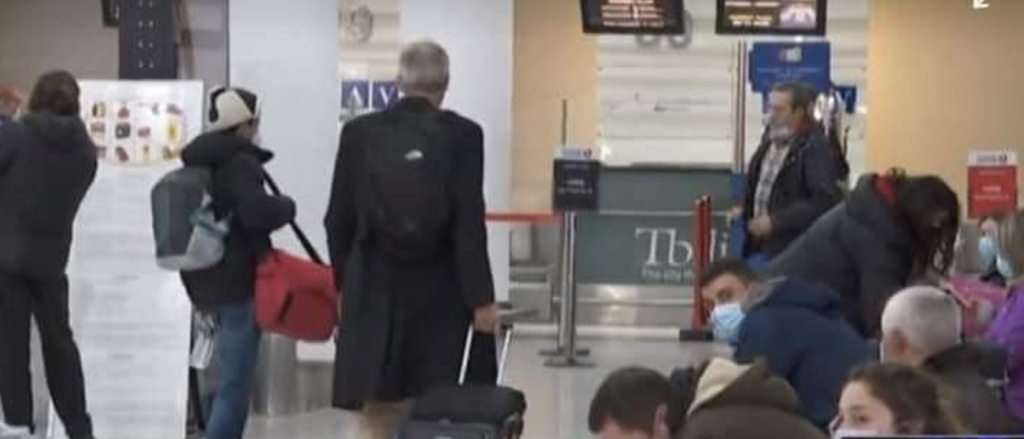Share














Most read

Top stories in Azerbaijan, Armenia, and Georgia from 9-13 February, 2026
'Armenia breaks free from Russian-Turkish grip': reaction to JD Vance’s visit
19 Azerbaijani experts cross land border to meet Armenian counterparts for the first time
Awaiting end of war in Ukraine: Russia’s intentions in South Caucasus
What possible EU sanctions on Georgia’s Kulevi port could mean

Georgia’s journalists forced to leave profession — their stories
'Peace is strengthening': outcomes of the third meeting of Armenian and Azerbaijani experts
Debates in Georgia mulled: should the opposition negotiate with the government?
Lawyers to present water cannon chemical exposure victims in Georgian court
Kremlin message to Tbilisi: diplomatic ties with Russia would bring greater economic benefits













